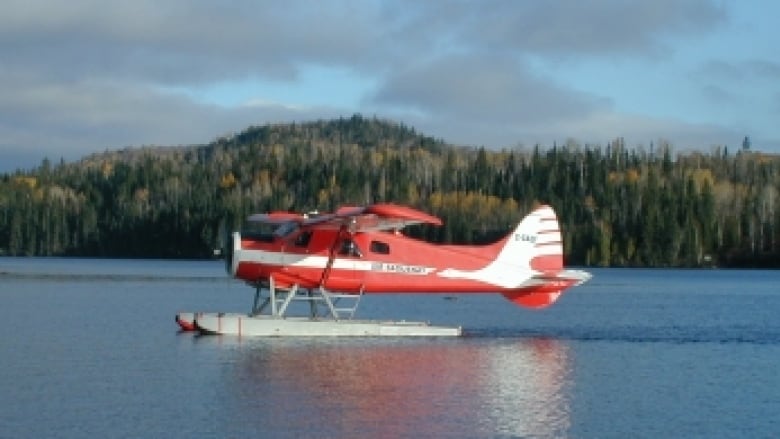Red Cross marks a particularly tragic 2019 for fire and water deaths in Atlantic Canada
Seven really changes the numbers quite dramatically

Two incidents led to a marked increase in fatalities in residential house fires and on the water in Atlantic Canada in 2019, says the Canadian Red Cross.
The Red Cross recorded 24 deaths in residential house fires, and 34 unintended water-related deaths.
Two incidents accounted for 14 of those deaths.
In February, seven children died when their house caught fire late in the night in Spryfield, N.S. In July, seven people died when a seaplane crashed on a remote lake in northern Labrador.
Dan Bedell, communications director for the Red Cross in Atlantic Canada, said those incidents pushed the region into a year with more water- and fire-related deaths than is normal.
"In a region like Atlantic Canada where you're only dealing with typically a couple of dozen fatalities in a year, a spike of seven really changes the numbers quite dramatically," said Bedell.
In 2019, there were 12 fire-related deaths in Nova Scotia, eight in New Brunswick, and two each in P.E.I. and Newfoundland and Labrador.
Safety improving
Water-related fatalities, which are more particularly the Red Cross's area of expertise, have generally been going down in the region, said Bedell. He credits more people taking swimming and water safety courses, which he noted was an initiative that was started on Prince Edward Island by the Red Cross more than 70 years ago.
"We've seen relatively steady numbers across the country in terms of people who are taking things like their first-aid courses or swimming and water safety lessons," said Bedell.
But he added the Red Cross has new challenges to meet in Atlantic Canada.
"We're also seeing an increase in, for example, immigrant populations to Canada coming from areas where recreational swimming and boating activities is not something that they're used to or familiar with," he said.
"Therefore [they] wouldn't necessarily know the risks and the safety considerations around that."
The Red Cross is reaching these new communities by working with immigrant groups, and by offering courses in new languages, Bedell said.
In 2019,there were 15 water-related deaths in Newfoundland and Labrador, 14 in Nova Scotia, 4 in P.E.I.,and one inNew Brunswick.












_(720p).jpg)


 OFFICIAL HD MUSIC VIDEO.jpg)
.jpg)



























































































